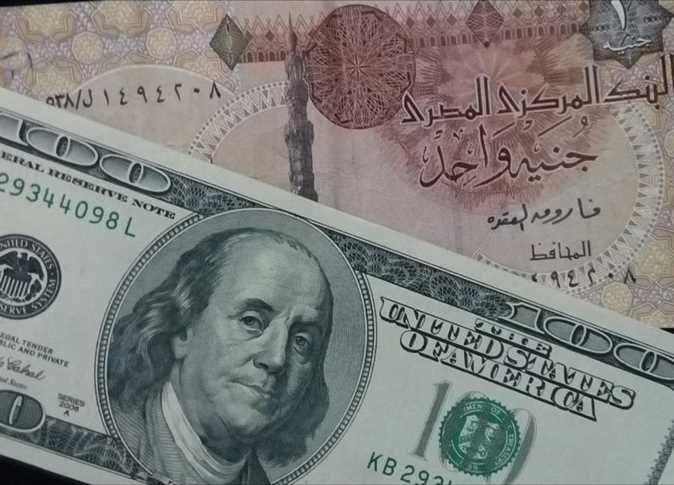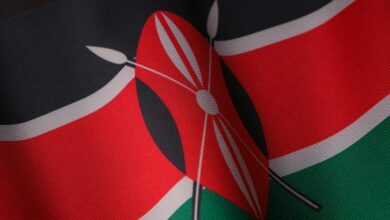
Economic expert Mohamed Fouad revealed the impact of the Central Bank of Egypt‘s (CBE) recent decision to reduce interest rates on the exchange rate of the US dollar against the Egyptian pound.
During a phone interview with TV host Amr Adib on the “al-Hekaya” (The Story) show on Friday, Fouad said that despite the interest rate cut, Egypt remains one of the countries with the highest interest rates.
He added that it is also the most stable compared to other countries such as Argentina and Turkey, which are currently experiencing some severe turmoil.
The dollar’s amount decreases when investors say that Egypt doesn’t pay much interest, he explained, and they go and take their dollars and leave, but he assured that this is not happening now.
Fouad explained that the global market places interest rates in Egypt at lower than the current rate.
“The current interest rate is comfortable. It’s not the rate that puts pressure on the currency, causing people to withdraw their dollars, and this withdrawal is what raises the dollar’s value,” he continued.
Reducing interest rates will not lead to an increase in the price of the US dollar against the Egyptian pound in the Egyptian market, the expert added.
Banks across Egypt cut interest rates on certificates
In an automatic move responding to the CBE’s reduction of key interest rates, banks operating in Egypt have decided to decrease interest rates on variable-yield certificates by 2.25 percent.
The Monetary Policy Committee of the Central Bank “ALICO” announced a 225 basis point cut in the overnight deposit and lending rates, as well as the central bank’s main operation rate, bringing them to 25.00 percent, 26.00 percent, and 25.50 percent, respectively.
The committee also decided to reduce the discount rate and the credit rate by 225 basis points to reach 25.50 percent.
Many banks operating in Egypt offer variable-yield savings certificates, with the most well-known being those issued by the National Bank of Egypt and Banque Misr, in addition to a large number of variable-yield loan products.
Expert opinion
Banking expert Tarek Metwally earlier in April previously anticipated the CBE to cut interest rates by 200 basis points (equivalent to two percent), despite rising fuel prices and the potential for the return of inflation.
“The inflation rate is currently at 13 percent, while the interest rate is 27.5 percent. Even if inflation rises to 15 to 17 percent following the increase in fuel prices, there remains a large positive margin (seven to eight percent) that allows for a reduction without a significant impact on inflation targeting,” he explained.
He concluded by saying that a “200 basis point interest rate cut will not negatively impact inflation targeting and will give the government and the private sector room to maneuver amid economic pressures.”




